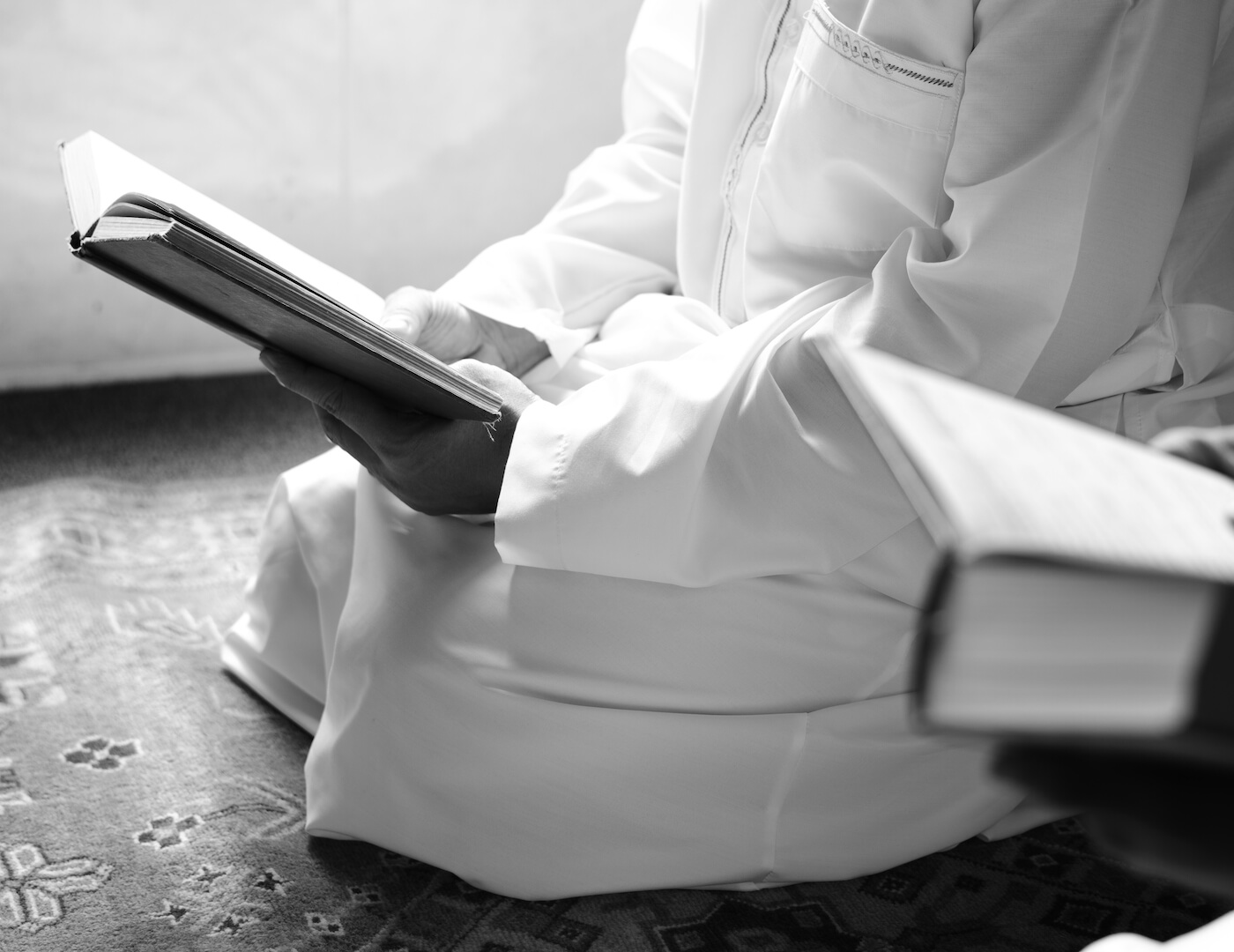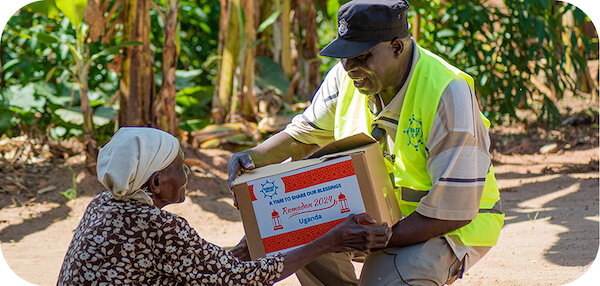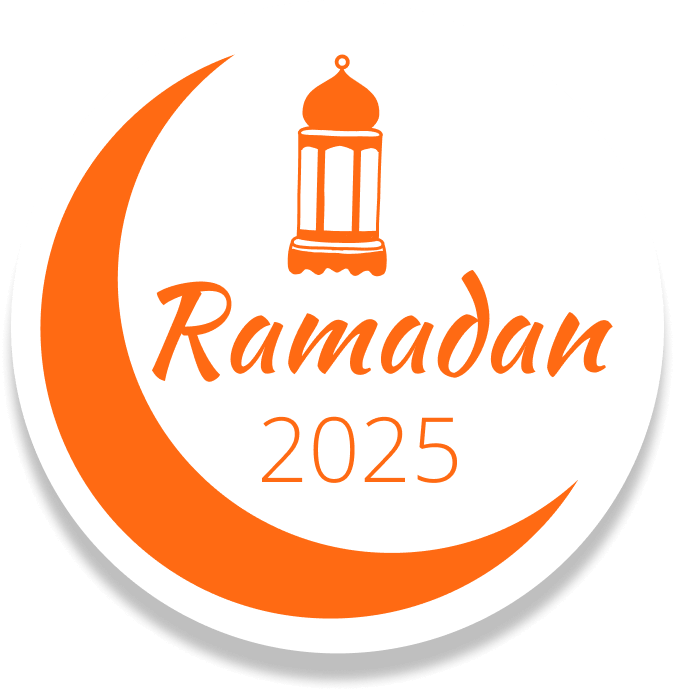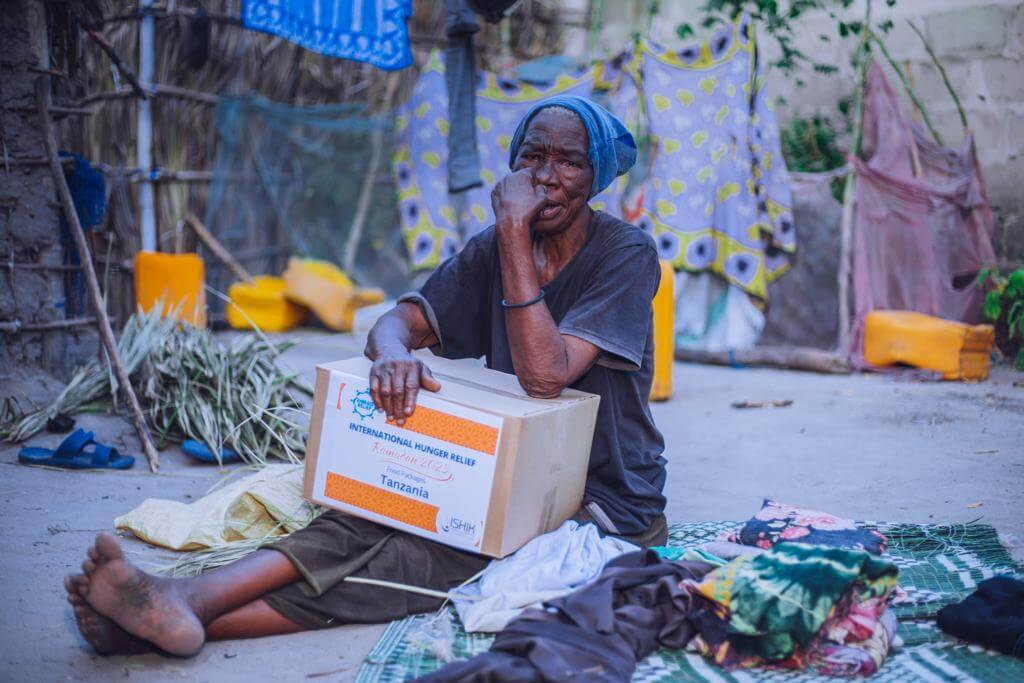Summary
- Zakat is one of the Five Pillars of Islam, an obligation for all Muslims who possess a certain amount of wealth.
- Learn about the role Zakat plays in purifying an individual’s spirit, as well as how it works to bring communities together.
- Learn how you can give your Zakat to Embrace Relief and ensure that your donation supports one (or more) of our eight international humanitarian programs.
In Islam, the concept of Zakat holds a pivotal position both in religious doctrine and social welfare. It is a form of obligatory almsgiving for Muslims who possess wealth above a certain threshold. Derived from the Arabic root “z-k-w,” meaning “to cleanse” or “to purify,” Zakat serves as a purification of one’s wealth and soul, fostering compassion, equity, and solidarity within the Muslim community and beyond.
What is Zakat?
Zakat is one of the Five Pillars of Islam, alongside Shahada (faith), Salah (prayer), Sawm (fasting), and Hajj (pilgrimage). It constitutes an annual charitable contribution, typically calculated as 2.5% of one’s wealth and assets minus liabilities, for those who meet specific criteria. These criteria include being of sound mind, possessing wealth exceeding a designated threshold known as nisab, and having exceeded that threshold for a full lunar year.
The distribution of Zakat is specified in the Quran, where eight categories of recipients are identified, including the poor, needy, those carrying debt, and wayfaring travelers. People and organizations who collect and distribute funding for these groups are also eligible to receive Zakat. By asking for the willful sharing of one’s own wealth with one’s brothers and sisters in need, Zakat plays a critical role in alleviating poverty, fostering social cohesion, and upholding economic justice within the Muslim community.
Why do Muslims practice Zakat?
The practice of Zakat is deeply rooted in Islamic teachings and reflects core values such as compassion, justice, and stewardship. It serves as a tangible expression of faith, reminding Muslims of their interconnectedness and responsibility towards those less fortunate.
Firstly, Zakat is a means of fulfilling one’s religious duty and seeking closeness to the Divine. It is viewed as a form of worship, an act of obedience to Allah’s commandments, and an opportunity for spiritual growth through selflessness and generosity.
Secondly, Zakat promotes social solidarity by redistributing wealth from the affluent to the marginalized segments of society. It bridges the gap between the rich and the poor, fostering empathy and mutual support within the Muslim community.
Thirdly, Zakat acts as a mechanism for economic empowerment, social justice, and poverty alleviation. By providing financial assistance to the disadvantaged, Zakat enables them to meet their basic needs, access education and healthcare, and ultimately break the cycle of poverty.
Why is paying Zakat important?
Paying Zakat holds immense significance within Islam, embodying principles of social cohesion, compassion, and gratitude. Its importance transcends mere financial transactions, encompassing spiritual, ethical, and communal dimensions.
First and foremost, Zakat serves as a means of purifying one’s wealth and soul. By giving away a portion of their earnings, Muslims cleanse their wealth from the taint of greed and selfishness, thereby fostering a sense of contentment and spiritual well-being.
Moreover, Zakat is instrumental in addressing socioeconomic disparities and promoting equitable distribution of resources. In a world plagued by poverty, inequality, and exploitation, Zakat serves as a potent tool for social transformation, empowering the marginalized and upholding the dignity of every individual.
Furthermore, paying Zakat cultivates a culture of compassion and solidarity within the Muslim community. It fosters empathy and mutual support, strengthening the bonds of brotherhood and sisterhood among believers.
From a broader perspective, Zakat contributes to the welfare and stability of society as a whole. By alleviating poverty, supporting vulnerable groups, and promoting economic justice, Zakat helps create a more inclusive, harmonious, and resilient community.

Make your Zakat donation count with Embrace Relief
With Ramadan 2024 upon us, you may be asking, “Where can I donate my Zakat?” As an organization dedicated to improving the living conditions of people around the world, Embrace Relief is a valid recipient of all Zakat donations. Our eight humanitarian programs reach some of the world’s most vulnerable people, providing them the means and the support they need to survive and thrive.
Giving your Zakat to Embrace Relief is quite simple. Just click on our Zakat calculator page and use the free calculator to determine your obligation. Then, with just one click, you can donate your Zakat to Embrace Relief, enabling us to provide food, water, shelter, education and other critical needs to people in more than 40 countries around the world.
Make your Zakat go further with Embrace Relief this year, and donate today!
Donate For Ramadan 2025
Embrace Relief aims to provide 100,000 people with nutritious food during our International Hunger Relief: Ramadan 2025 campaign.
























